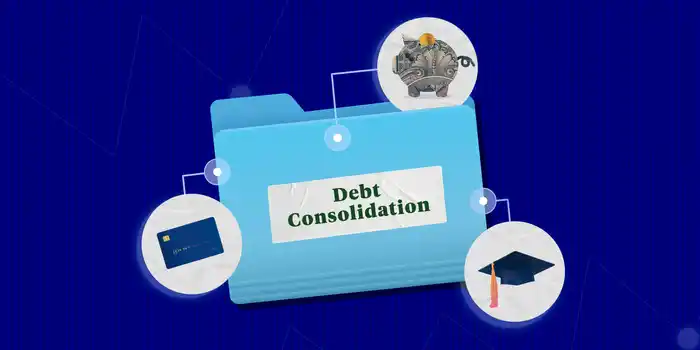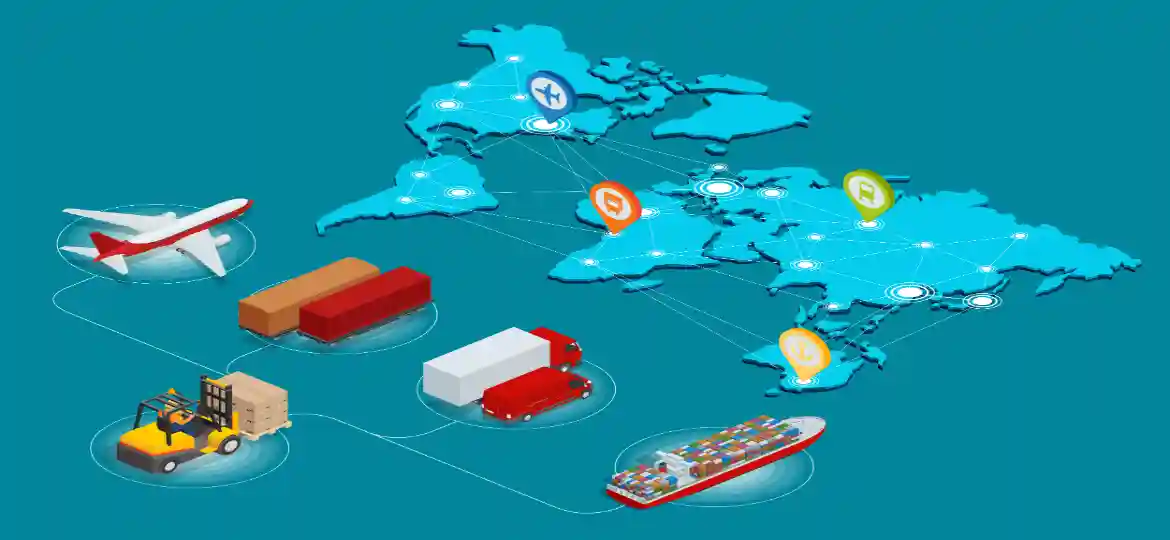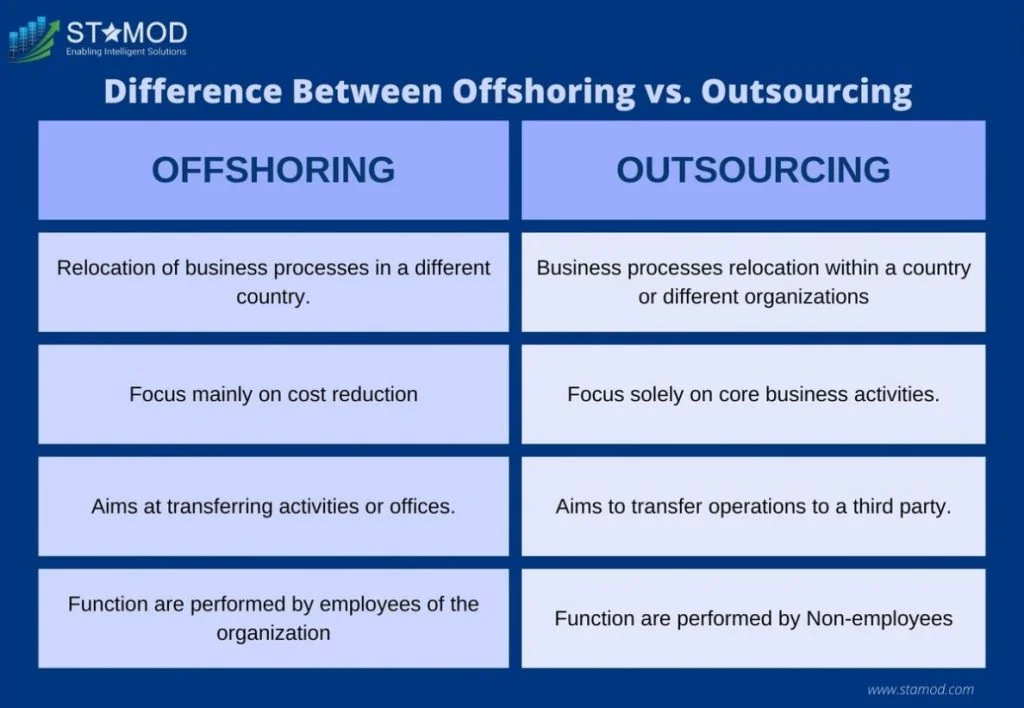What Is Multicultural Education?
Mia Wilson
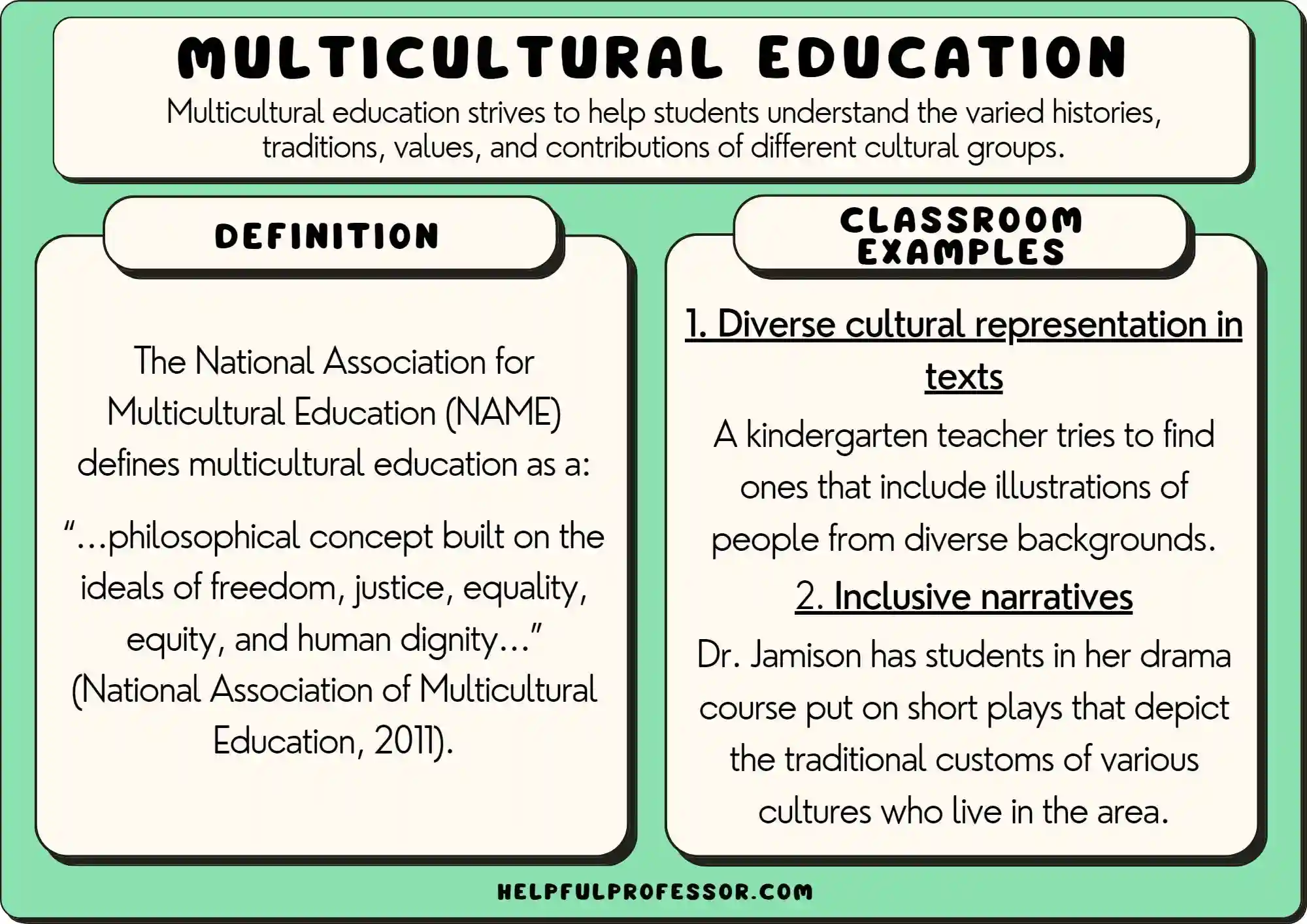
Photo: What Is Multicultural Education?
What Is Multicultural Education?
In an increasingly globalized world, education systems must adapt to prepare students for a diverse and interconnected society. One of the most effective approaches to achieving this goal is multicultural education. But what exactly does this concept entail? How does it impact students, educators, and society at large? This article explores the key principles, benefits, and challenges of multicultural education, shedding light on why it’s essential in today’s world.
Understanding the Concept of Multicultural Education
Multicultural education refers to a pedagogical approach that integrates diverse cultural perspectives into the curriculum. The goal is not merely to include different cultural content but to foster an environment where students respect and value diversity. Unlike traditional education systems, which often prioritize a dominant culture's perspective, multicultural education encourages inclusivity and equality across all ethnic, racial, and cultural backgrounds.
Core Principles of Multicultural Education
Several core principles form the foundation of multicultural education. These principles aim to create a learning environment where all students feel valued and supported:
- Equity in Education
Multicultural education emphasizes providing equal learning opportunities for all students, regardless of their background. This involves addressing systemic biases and ensuring that resources are accessible to everyone. - Cultural Awareness
Encouraging students to explore and appreciate their own cultural heritage, as well as that of others, is a cornerstone of this educational approach. It fosters a sense of identity while promoting empathy and understanding. - Inclusivity in Curriculum
The curriculum in multicultural education incorporates diverse viewpoints, histories, and contributions from various cultures. This helps combat stereotypes and broadens students’ worldviews. - Social Justice and Critical Thinking
Beyond cultural awareness, multicultural education encourages students to question social inequalities and strive for justice. It equips them with the critical thinking skills necessary to challenge prejudices and advocate for fairness.
The Importance of Multicultural Education in Modern Society
Promoting Tolerance and Reducing Prejudice
One of the most significant benefits of multicultural education is its role in fostering tolerance. By exposing students to a wide range of cultural narratives, it helps reduce biases and misconceptions. When students understand different cultural practices and beliefs, they are less likely to develop prejudiced views.
Enhancing Social and Emotional Learning
Multicultural education also plays a vital role in enhancing students' social and emotional skills. Learning about diverse cultures helps students develop empathy, communication skills, and emotional intelligence, all of which are essential in a multicultural society.
Preparing Students for a Globalized Workforce
In today’s world, where businesses operate across borders, cultural competence is a valuable asset. Multicultural education prepares students to thrive in diverse work environments by teaching them to collaborate with people from different cultural backgrounds.
Challenges in Implementing Multicultural Education
Despite its numerous benefits, implementing multicultural education is not without challenges. Some of the common obstacles include:
- Resistance to Change
Schools and educators may resist adopting multicultural curricula due to entrenched traditional teaching methods or fear of controversy. Addressing this resistance requires professional development and awareness campaigns. - Lack of Resources
Effective multicultural education demands well-researched materials that accurately represent various cultures. However, many schools face resource constraints, making it difficult to develop and maintain such content. - Teacher Preparedness
Not all educators are adequately trained to teach in a multicultural setting. Providing teachers with the necessary skills and knowledge is crucial to the success of this educational approach. - Balancing Cultural Representation
Ensuring balanced representation of all cultures in the curriculum can be challenging. Overemphasizing certain cultures while neglecting others may inadvertently perpetuate the same biases multicultural education seeks to eliminate.
Strategies for Successful Multicultural Education
Professional Development for Educators
Investing in teacher training is key to the successful implementation of multicultural education. Workshops, seminars, and certification programs can equip educators with the knowledge and tools they need to teach inclusively.
Community Involvement
Schools can benefit from involving parents and community members in multicultural initiatives. This not only enriches the curriculum but also fosters a sense of belonging among students from different backgrounds.
Continuous Curriculum Evaluation
A successful multicultural education program requires ongoing evaluation and updates to ensure cultural content remains accurate and relevant. This involves regularly reviewing textbooks, lesson plans, and teaching materials.
Conclusion: Embracing Diversity for a Better Future
Multicultural education is more than just an educational trend it’s a transformative approach to learning that reflects the realities of our diverse world. By fostering cultural awareness, promoting inclusivity, and equipping students with critical thinking skills, it paves the way for a more equitable and harmonious society. While challenges in implementation exist, they can be overcome through proper planning, resource allocation, and community engagement.
In embracing multicultural education, schools not only help students develop a broader worldview but also prepare them to be compassionate, thoughtful, and responsible global citizens. As society continues to evolve, so must our education systems ensuring that every child, regardless of their background, has the opportunity to thrive.
For You
View AllLearn how to become an educational consultant and guide schools or organizations to success. Start your career path now!
Mia Wilson
Discover the top 10 adventure destinations around the world. From hiking to diving, find your next thrilling escape today!
Mia Wilson
Discover top debt consolidation quotes for 2025! Compare rates, save money, and take control of your finances today. Get started now!
Mia Wilson
Uncover the definition of the global supply chain and its role in modern commerce. Click for a detailed breakdown!
Mia Wilson
Understand the differences between outsourcing and offshoring and their impacts. Click for a clear comparison!
Mia Wilson
Discover effective strategies to protect your VPS from cyber threats.
Mia Wilson
Education
View All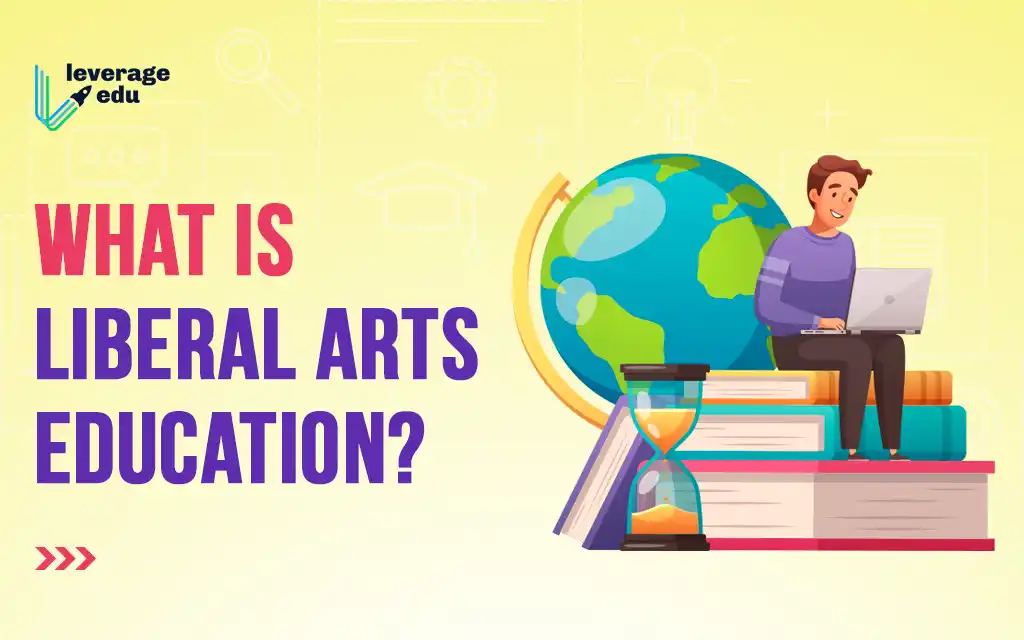
May 7, 2025
What Is a Liberal Arts Education?
Uncover the value of a liberal arts education and how it shapes versatile, well-rounded individuals. Learn why it matters!
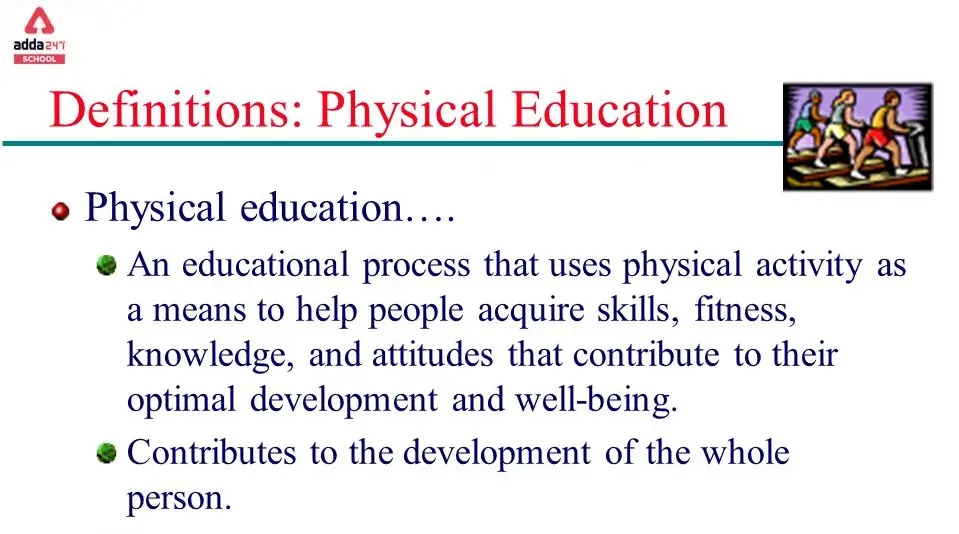
April 14, 2025
What Is Physical Education? Explained!
Discover the importance of physical education, its benefits, and why it's crucial for overall development. Learn more now!
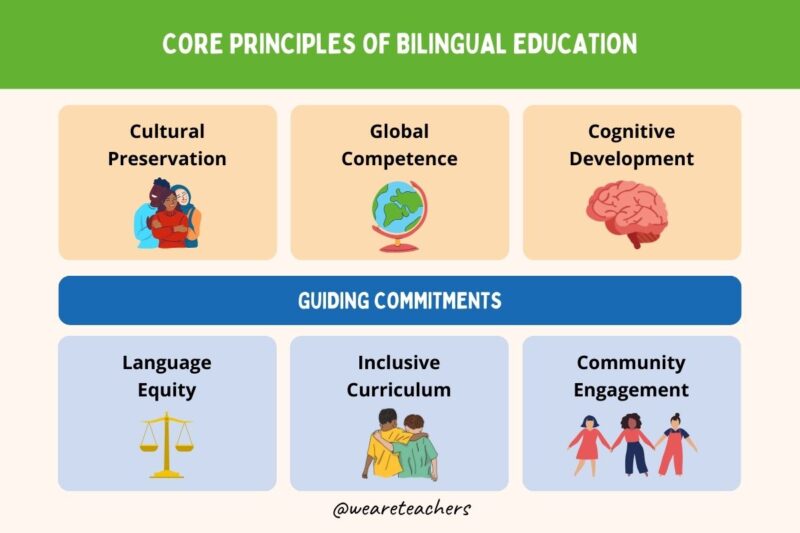
May 3, 2025
What Is Bilingual Education?
Explore bilingual education, its benefits, and how it fosters cultural understanding and cognitive growth. Learn more!


